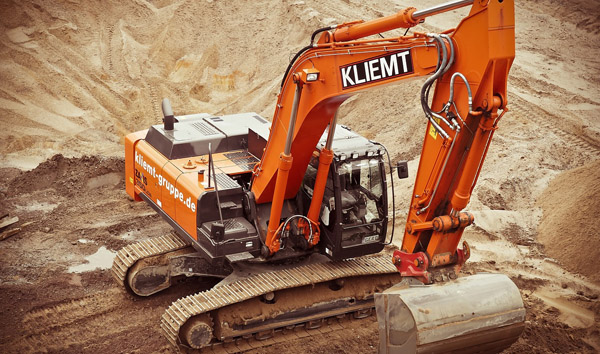Revolutionizing Heavy Lifting: The Future of Rough Terrain Forklift Energy Efficiency
2025-07-24 05:40:29
The Rough Terrain Forklift has long been a workhorse in construction, agriculture, and mining, but traditional models are notorious for high fuel consumption and emissions. However, advancements in energy-saving technology are changing the game. By integrating hybrid engines, regenerative braking, and smart power management, modern rough terrain forklifts now deliver unmatched efficiency without sacrificing performance. These innovations not only cut fuel costs by up to 30% but also align with global sustainability goals, making them a smart investment for eco-conscious businesses.
One of the most groundbreaking developments in rough terrain forklift energy-saving technology is the adoption of hybrid powertrains. Combining diesel engines with electric motors, these systems optimize power usage based on load demands. For example, during light lifting tasks, the electric motor takes over, drastically reducing fuel consumption. Industry data shows that hybrid rough terrain forklifts can achieve up to 25% better fuel efficiency compared to conventional models. This shift not only lowers operational expenses but also extends engine life, reducing maintenance downtime.
Regenerative braking is another game-changer for rough terrain forklifts. This technology captures kinetic energy during deceleration and converts it into reusable electricity, feeding it back into the battery system. Tests reveal that regenerative braking can improve overall energy efficiency by 15%, particularly in stop-and-go applications like warehouse loading or uneven construction sites. By minimizing energy waste, businesses can maximize uptime while shrinking their carbon footprint—a win-win for productivity and the planet.
Smart energy management systems are also elevating rough terrain forklift performance. These AI-driven systems analyze real-time data, adjusting power distribution to match workload requirements. For instance, if a forklift is idling or operating at low intensity, the system automatically reduces engine output to conserve fuel. According to industry reports, companies using smart energy management have seen a 20% drop in fuel costs annually. This technology ensures that rough terrain forklifts operate at peak efficiency, even in the most challenging environments.
The future of rough terrain forklift energy-saving technology looks even brighter with the rise of alternative fuels like hydrogen and advanced lithium-ion batteries. Hydrogen-powered forklifts produce zero emissions, while next-gen batteries offer faster charging and longer lifespans. As industries push for greener solutions, these innovations will redefine what rough terrain forklifts can achieve. Investing in energy-efficient models today not only future-proofs operations but also positions businesses as leaders in sustainable industrial practices.













